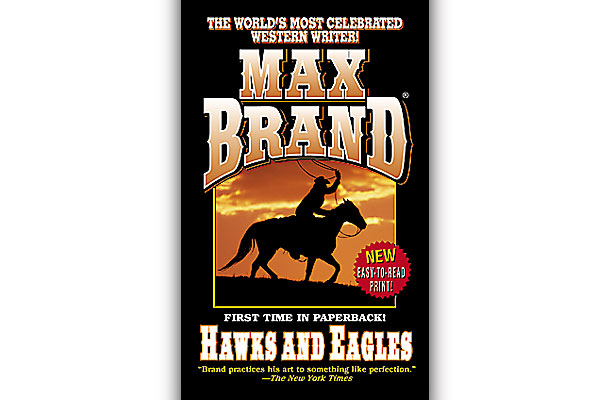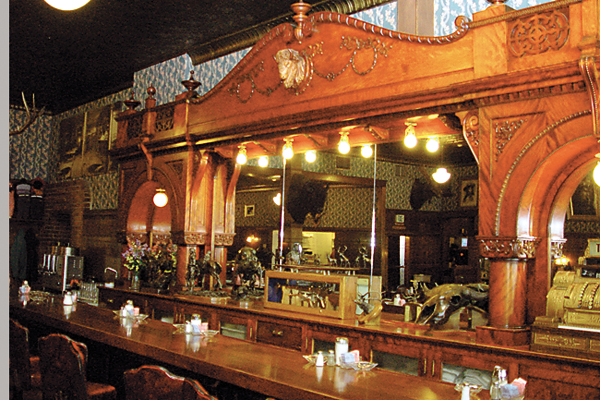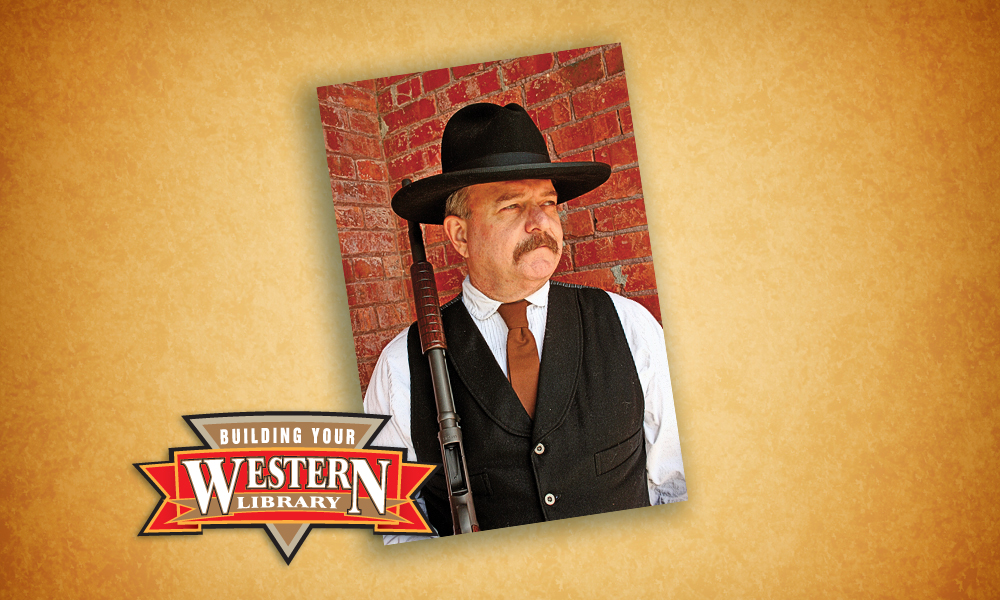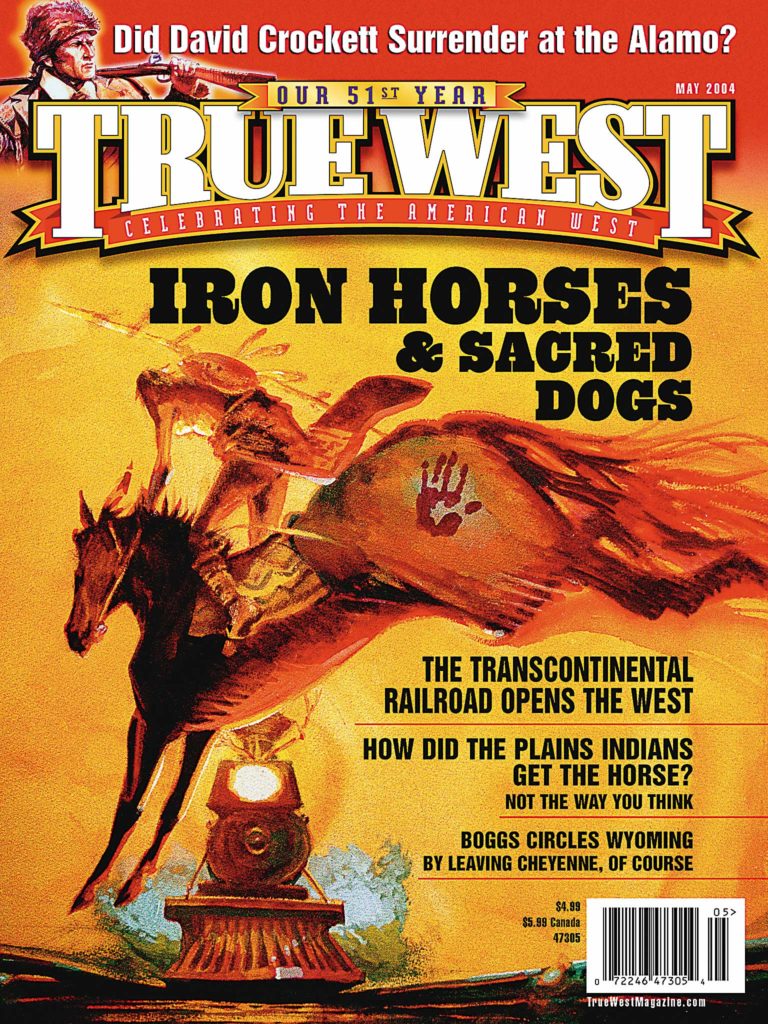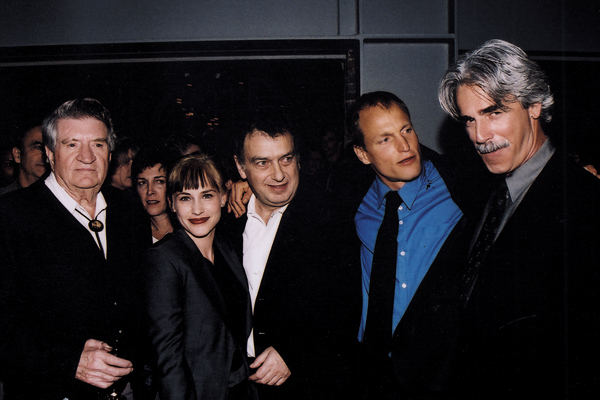 For years, novelist Win Blevins honed his storytelling skills by creating characters and events in Yogi Bear’s Jellystone Park for his youngest son Ethan to enjoy at bedtime.
For years, novelist Win Blevins honed his storytelling skills by creating characters and events in Yogi Bear’s Jellystone Park for his youngest son Ethan to enjoy at bedtime.
Because they lived in Jackson, Wyoming, just south of Yellowstone National Park, the stories became real for the boy and fun for the dad who had left his Los Angeles career as a music critic and screenwriter in order to write books.
“Where I lived in Wyoming affected me because I was writing Stone Song, and I needed to be able to stand knee-deep in cold creeks and taste alkali dust,” Blevins says. This book about Sioux Chief Crazy Horse won the Western Writers of America Spur Award and the Mountains and Plains Booksellers Fiction Book of the Year Award in 1996.
“Living in the country, I was more aware of being a creature of the earth and not separated from it as people in the city can feel,” he says. “I was more aware of all those natural processes of eating and being eaten. It changed me as a person.”
The solitude of Bluff, Utah, where he now lives with author/wife Meredith, nurtures Blevins creatively. His craving for isolation and wild places dovetails with traits of his favorite characters: Crazy Horse and mountain men.
Fur trade adventurers populate many of Blevins’ books, figuring prominently in The Yellowstone River, part of his River’s West series, and in Give Your Heart to the Hawks, a nonfictional account of fur trappers ranging from the preacher-like Jedediah Smith to rough-hewn men such as Hugh Glass and Jim Bridger.
After his early 1980-90’s success with books about mountain men, Blevins says, “I spent years like I was trying to get away from them.”
Now, he has returned to the subject and written So Wild A Dream, in which Sam Morgan follows his wild hair west as a boy in the series’ first book; over the course of six volumes, Morgan will mature into a man. The second title, Beauty for Ashes, will be released in fall 2004.
“Those stories are emotionally big for me; they have some sort of hold on me,” Blevins says.
Not content to pen only novels, Blevins has written the Dictionary of the American West in a creative process he calls “a tremendous long slog.” Writing nonfiction, and particularly something like a dictionary, is “an earthbound enterprise, and emotionally, it costs nothing.”
That’s not true of his novels. “When I get involved with a character as I do, and then I have to kill him, emotionally the cost is very great,” Blevins says. “For years, I couldn’t finish the Crazy Horse book because I didn’t want to write a tragic ending, but I couldn’t see an ending that wasn’t tragic.” It was a particularly good day when he found a non-tragic finale.
Blevins wants to create lesser-known stories, telling tales of Mormons, Hispanics and “Indian people, in terms of real human portraits rather than just enemies.” He suggests a 50-year moratorium on books about Billy the Kid and Wild Bill Hickok.
“There are millions of stories worth writing,” says Blevins, adding that for now, he will concentrate on Sam Morgan and the mountain men, continuing storytelling traditions honed by his tales of Jellystone Park.
Candy Moulton is the editor of Western Writers of America’s Roundup magazine.


